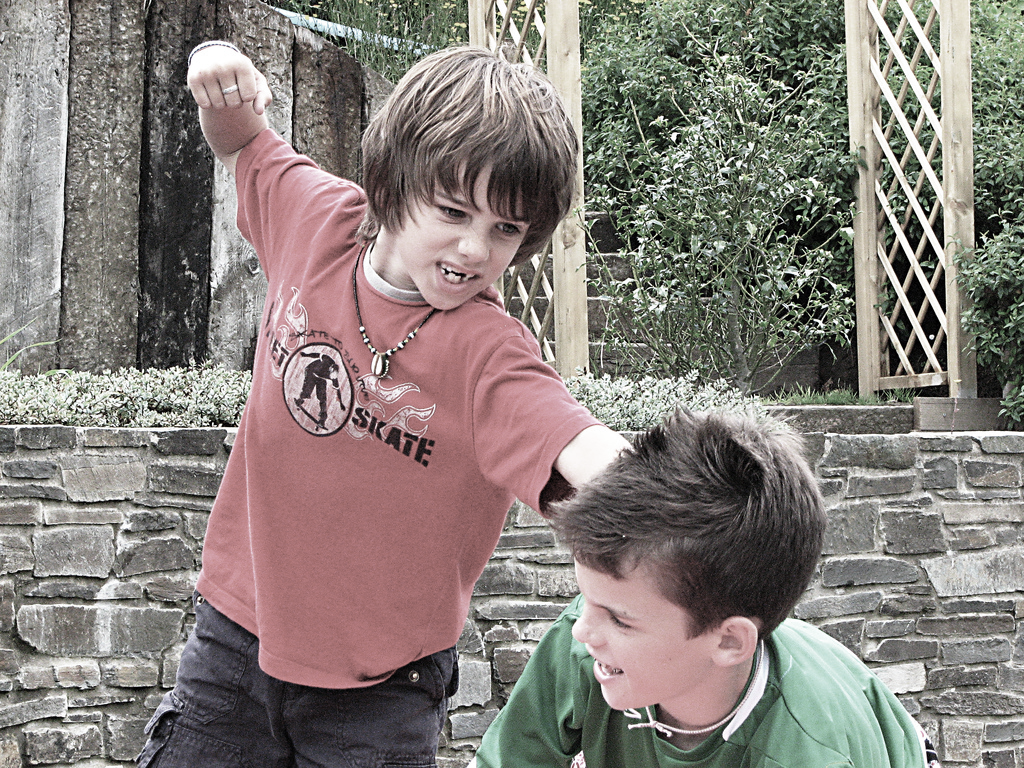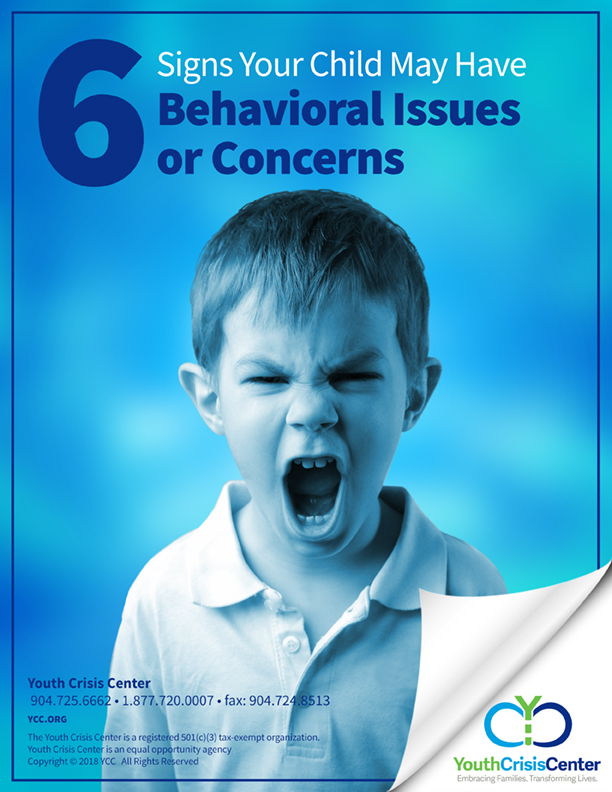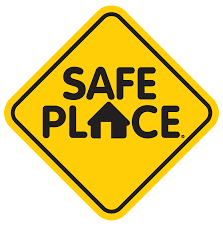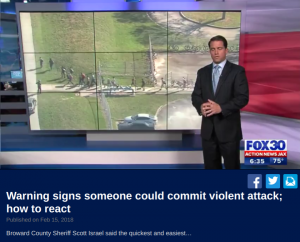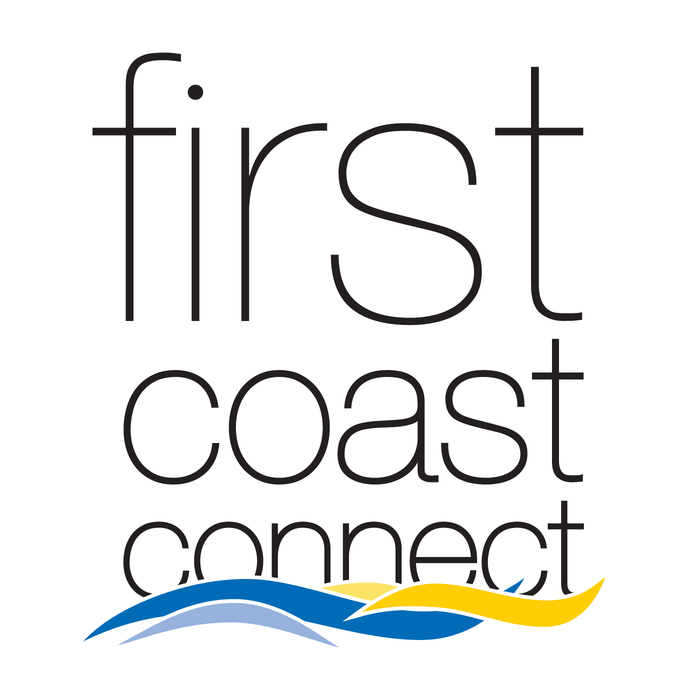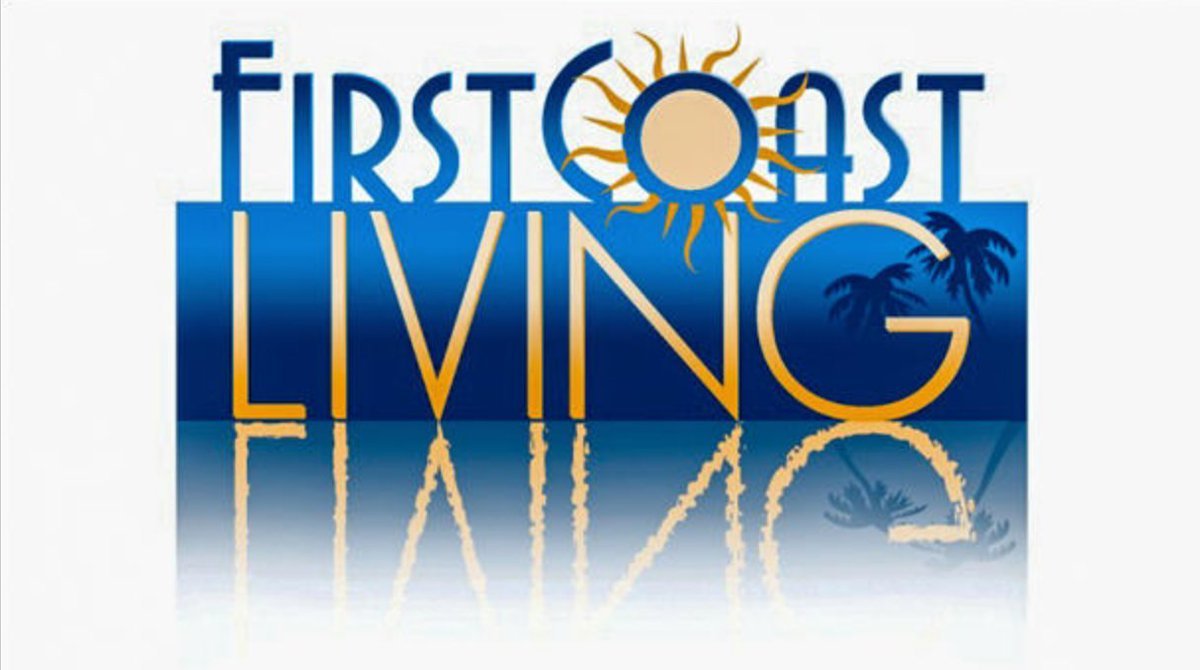Getting Help When Your Child Is Acting Out
New mom Octavia was excited about starting her family. She was a proud momma – to say the least – when she had her first child. Smart and sweet, her son was well behaved at church, during visits to his grandparents and when he played with friends. So, when her son turned five years old and the school called Octavia about some behavior problems, she was truly surprised. “I guess I was in denial,” said Octavia. “Every call from the school made me dig my heels in even deeper in defense of him. I even went to the school board to complain that they were falsely accusing him of being a bad kid.”
Warning Signs
That all changed when a school bus camera captured her son fighting with a school bus staff member who was trying to prevent him from jumping off the bus. Octavia was shocked. How could this be the same sweet boy she knew? Unfortunately, that was just the start. It all came to a head when he was admitted to a behavioral hospital to prevent him from hurting himself and others. It was at that low point when Octavia was told about the Youth Crisis Center’s SNAP® program.
What is SNAP®
SNAP®, which stands for STOP NOW AND PLAN, is an evidence-based program that focuses on how a child thinks, as well as why they are acting out. Developed at the Child Development Institute (CDI), SNAP® helps children and their parents learn how to effectively manage their emotions and ‘keep problems small’.
The SNAP® program is focused on children ages 6-11 who are engaging in aggressive, anti-social behavior and/or have come into contact with authority figures at school or in the community due to poor behavior. Experienced and highly trained staff works with each family to assess challenges and problems and develop an action plan. The goal is to prevent future anti-social behavior and reduce the chances of conflict with family, peers and authority figures.
The Benefits of SNAP®
Octavia credits the program with giving her son the skills to think and work through whatever was upsetting him – before it blew up into something that sent him out of control. She saw his anger and aggression decrease as he went through SNAP® and at age nine, his IQ tested as that of a 14-year-old – in the top 25 percent of Florida students. Her son was allowed to rejoin sports and developed into a star football player. Octavia says her son is about to turn 11 years old and they still employ the SNAP® techniques when he has his “moments.” “I tell him, you know what to do and you know how to put them to use,” said Octavia. “It also helped me as a parent to learn when to use consequences or a reward to get the right response.” Octavia also went through SNAP® with her other son and plans to go through it with her daughter when she is old enough. She believes every child and parent could use the skills from SNAP® to learn how to handle whatever life might throw their way.
as that of a 14-year-old – in the top 25 percent of Florida students. Her son was allowed to rejoin sports and developed into a star football player. Octavia says her son is about to turn 11 years old and they still employ the SNAP® techniques when he has his “moments.” “I tell him, you know what to do and you know how to put them to use,” said Octavia. “It also helped me as a parent to learn when to use consequences or a reward to get the right response.” Octavia also went through SNAP® with her other son and plans to go through it with her daughter when she is old enough. She believes every child and parent could use the skills from SNAP® to learn how to handle whatever life might throw their way.
If you think your child is exhibiting problematic or concerning behavior and can benefit from our free SNAP® program, download our FREE ebook “Six signs your Child May Have Behavioral Issues or Concerns.”

